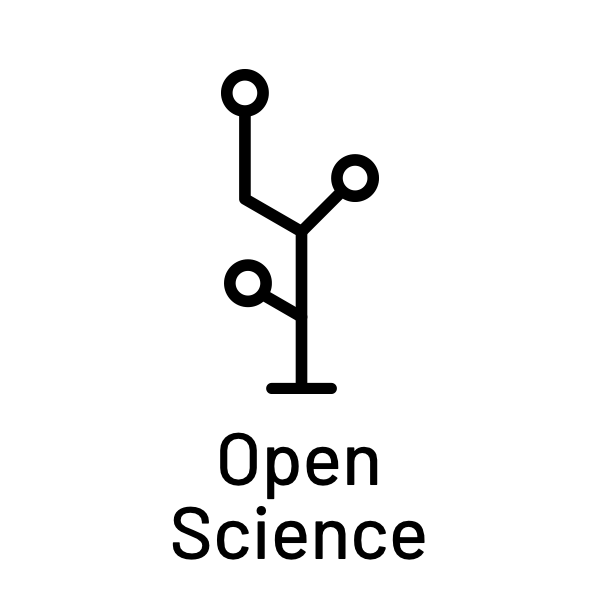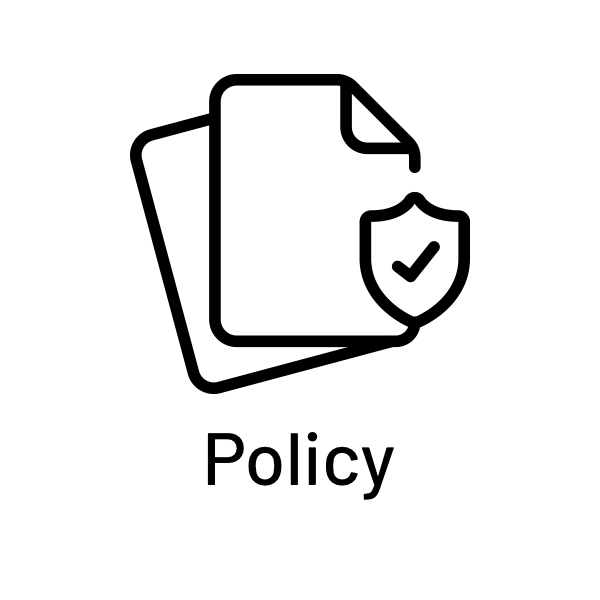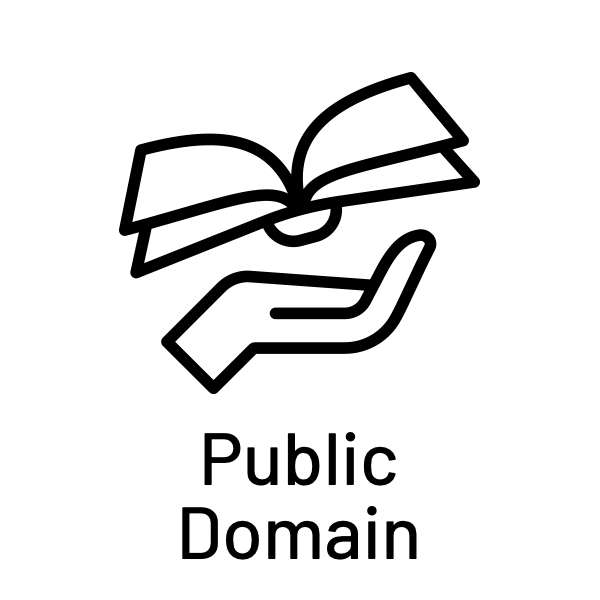Blog post by Gabriele Cifrodelli, PhD Candidate and RTA with CREATe since October 2022
In November 2022, I was informed that the dissertation that I defended in December 2021 for the completion of my Law Degree at the University of Trento has been recognized as one of the Outstanding Dissertations in the Open Science Field written in the years 2020-2021-2022.
This important award was conferred by AISA, the Italian Association for the Promotion of Open Science, which pursues the goal to improve open access to knowledge in Europe. This non-profit organization, among its activities, is engaged in: regularly publishing studies that deal with Open Science principles; offering training programs for members of research institutions that embrace Open Science ideals; spreading awareness among Italian and European legislators in order to disseminate an actual culture of Open Science and concretely intervene in some sectors that would need an Open Knowledge Approach.
Considering this role, AISA periodically promotes a competition to select the best works by recent Masters and PhD graduates in Law that address contemporary Open Science issues.

My dissertation (dated December 2021), which – I’m glad to announce – has been published in Open Access here and here, argues whether the Covid-19 vaccine should be considered as a Commons, something that is managed and owned by the public at large, and not as private property – exclusivity – of pharmaceutical companies. The reasons for such a strong argument – in particular the conspicuous public funding contribution and the search for a human and equity-oriented Global Health Security – are investigated in this work through a methodological approach which analyzes legislation, case law and secondary sources, mostly concerning the United States and the European Union, but also focusing on the international community as a whole.
Although there are different forms of intellectual property, the main focus of this work is on patents and, in a smaller part, trade secrets, considering that these are the main instruments through which pharmaceuticals, such as vaccines, are protected. It is true that, from a legal perspective, vaccines can be patented, leading to questionable practices in the pharmaceutical industry, such as patent thickets and strategic accumulations, and they can be covered by trade secrets, whose owners do not seem inclined to consider the disclosure as an option, even when this would benefit the public at large.
However, an alternative path, which would result in the theorization of a Commons for the vaccine, can be pursued. Indeed, it is noted that this invention would satisfy the two requirements that every Commons should have to be defined as such: being potentially owned in a private way; being managed more efficiently by the public at large.
In particular, considering that the actual types of Commons in the intellectual property law field – the public domain, exceptions/limitations to patents, or open innovation instruments such as IP pledges – present some issues in relation to enforceability, this dissertation, building on the work of Séverine Dusollier, advances the idea that from the inclusivity, which is the typical feature of every Commons, an inclusive right can be envisaged and applied in the context of the vaccine, while rethinking the relationship between intellectual property and Commons. Although this is – for now – a theoretical speculation without proper legal grounds, it can provide inputs to the current discussion about the waiver of IP rights that has been proposed at the WTO level and has been already the object of attention of the civil society at large.
Luckily, the mission to protect and foster Open Access is not only AISA’s one. CREATe is also committed to address and raise awareness on the issues of Open Science and Public Domain (see, for instance, 21 for 2021: Three Faces of Openness in Organising Copyright).
Therefore, as a final and personal remark, I am looking forward to seeing a strong collaboration – at least – among research institutions, such as AISA and CREATe. Only if research advances based on a communal understanding of what knowledge is and how it can be accessed in an effective and open way, it could benefit us all.



